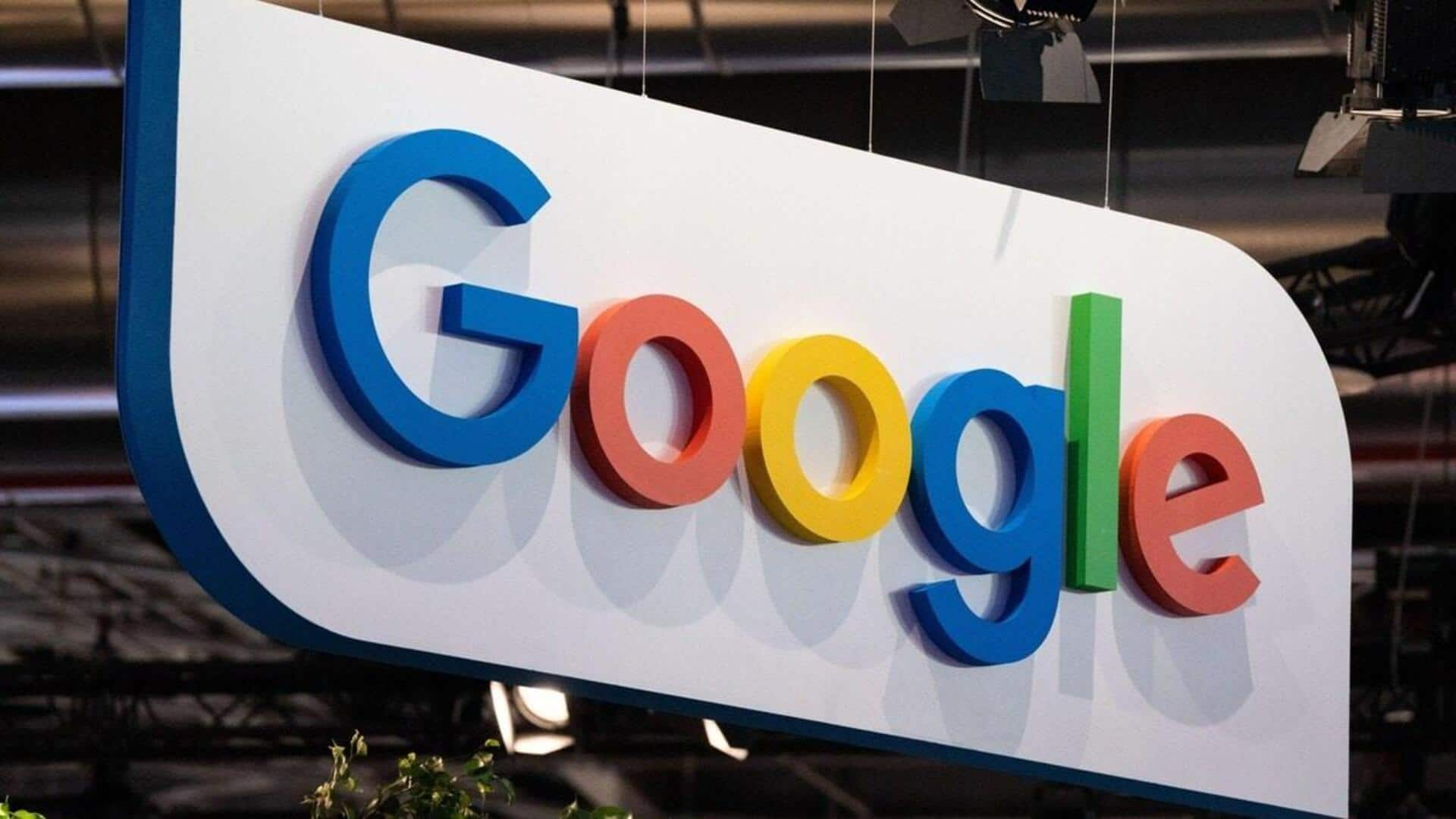
Why Google's AI products fail to go viral like OpenAI's
What's the story
Google has failed to go viral with its AI products compared to its competitors.
The company, which is known for its tech prowess and deep pockets, has always missed the mark of creating the same global buzz as the likes of OpenAI and DeepSeek.
Here's a look at Google's unique way of marketing its AI tools and why it isn't working.
Success stories
OpenAI's Sora, image creation tools went viral
OpenAI, a leading player in the AI space, has already generated viral buzz with its innovative tools.
Its video generation tool, Sora, became a talking point in no time with its capability to generate hyper-realistic video clips from basic text prompts.
Another OpenAI tool that garnered major attention was the image-generation option aimed at creating visuals with a distinct comic strip-like effect. They pay homage to Studio Ghibli, a Japanese animation studio.
Comparison
Google's AI tools lack the same level of public interest
Even with major strides in AI, Google has failed to create the same level of buzz.
The company's DeepMind division has led the charge with revolutionary breakthroughs like AlphaFold and Gemini, but these innovations often miss the mark of creating a viral impact.
This could be due to Google's branding and messaging strategy, which comes off as highly technical and overly cautious.
Missed opportunities
Gemini 2.5 model failed to create hype
Google's Gemini 2.5 outpaced OpenAI's GPT-4 in many ways, but it failed to create any meaningful hype at launch.
Even Chinese AI company DeepSeek was able to generate more viral traction with its open-source language model than Google could with its sophisticated offerings.
This just goes to show how much Google has missed out on capitalizing on the potential of its advanced AI technologies.
Presentation issues
Google's AI announcements often feel restrained, almost academic
Google's AI announcements tend to be more restrained and academic. OpenAI, on the other hand, leans into the "wow" factor with its product launches.
For example, when OpenAI introduced GPT4-o's Ghibli style effect in images, it wasn't just about image generation; it was about letting people create dreamlike visuals instantly.
This stark contrast in presentation styles could be why Google struggles for viral impact despite having equally capable AI tech.
Strategic shift
Need to rethink its approach to AI marketing
Although Google has the resources, talent, and technology to dominate in terms of AI virality, it may need to rethink its approach.
The company could benefit from injecting more personality into its AI rollouts and presenting them in a bolder manner.
Doing so, Google might be able to generate more viral traction for its advanced AI technologies in the future.